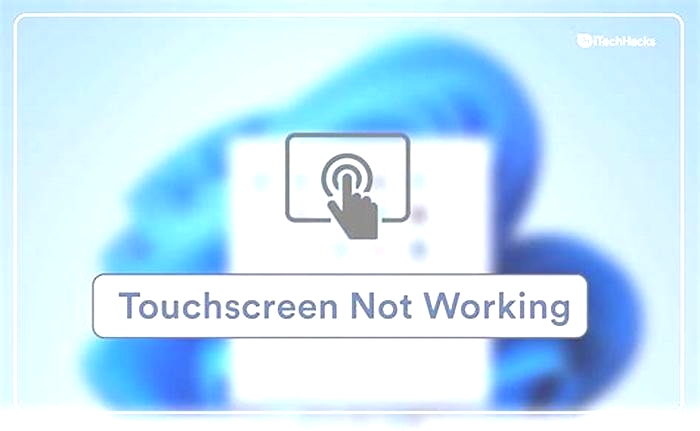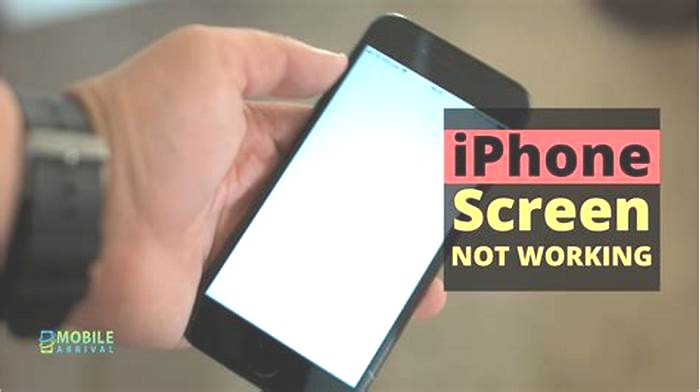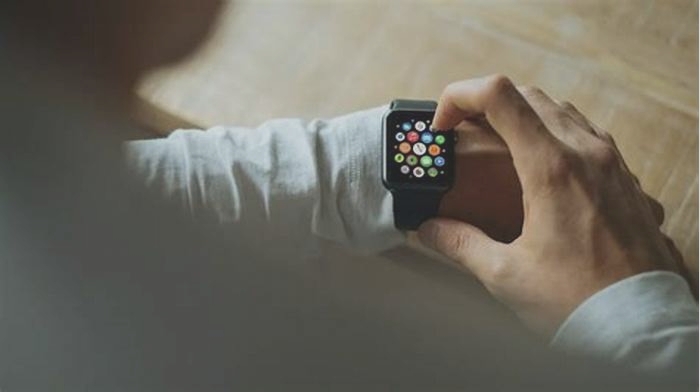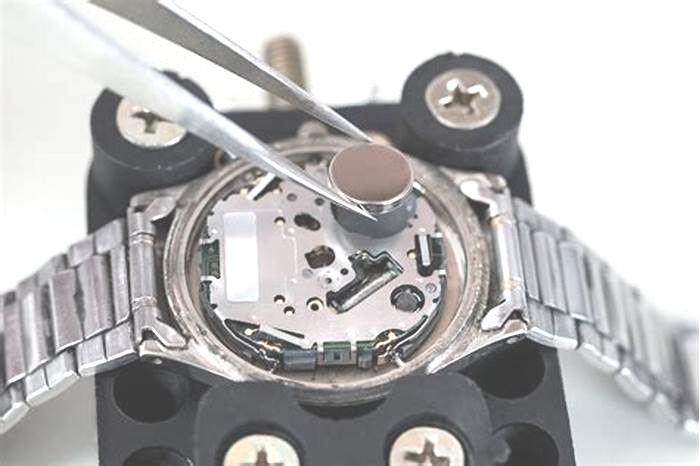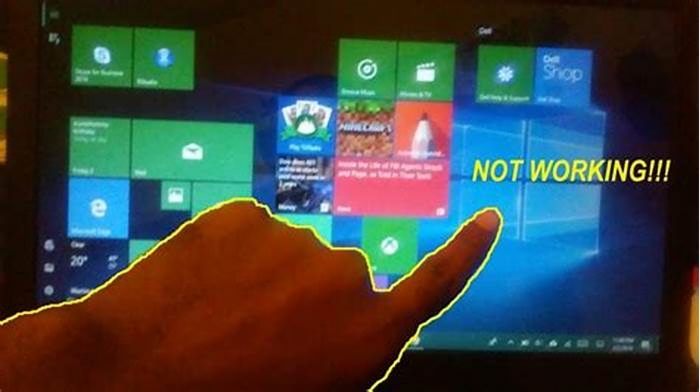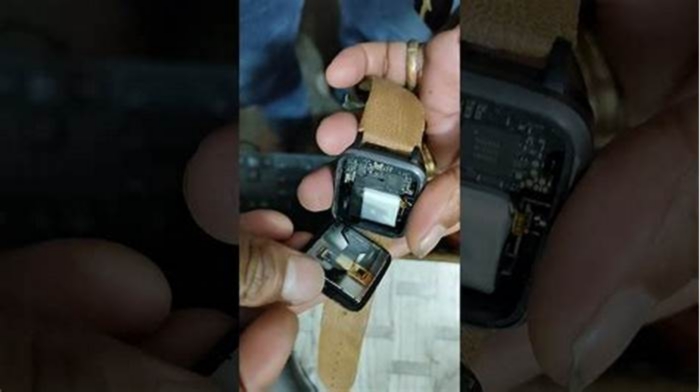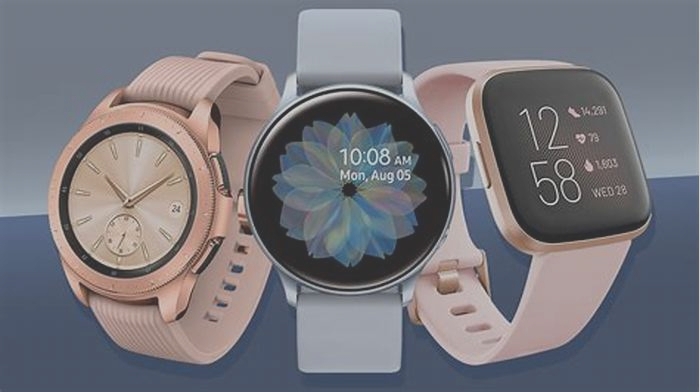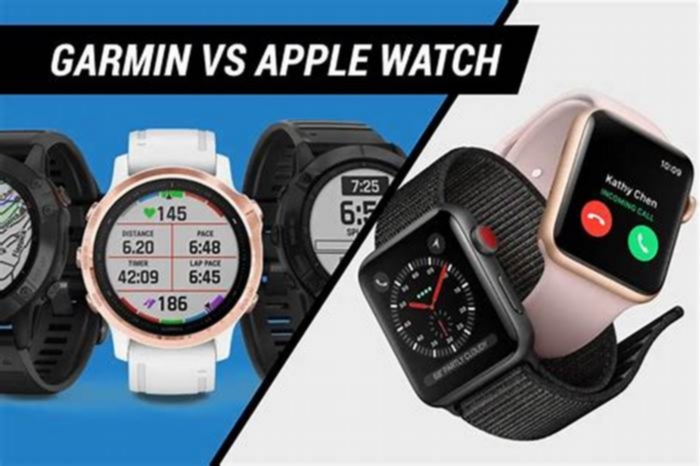Do watches ever stop working
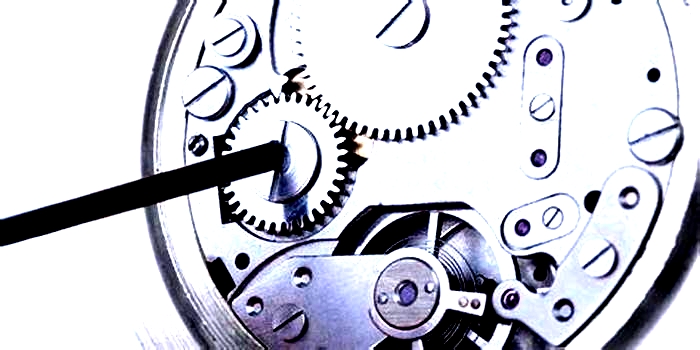
First Class Watches
My solar powered watch has stopped, what do I do? Print
Modified on: Tue, 28 May, 2019 at 11:53 AM
If your solar powered watch has stopped working please pull out the crown/winder on the side to the first or second position, as applicable, and leave it under a light source for 24 hours as the watch may have completely depleted its charge.
There are many kinds of light you can charge your watch with but some work better than others such as sunlight or UV light.
After charging you may need to reset the home reference positions, to do this look inside your watches instruction manual under home reference / zero positions / calibration which is generally located towards the end. Please note this does not apply to all watches but is very common with radio controlled, analog/digital hybrid and bluetooth watches.
Did you find it helpful?YesNo
Send feedbackSorry we couldn't be helpful. Help us improve this article with your feedback.
Why Do Watches Stop Working When I Wear Them?
Watches are not just timekeeping devices; they are often cherished accessories that add style and sophistication to our outfits. However, you may have noticed that sometimes watches stop working when you wear them, leaving you puzzled and wondering about the reasons behind this phenomenon. In this article, we will explore the factors that can cause watches to stop working while being worn and provide valuable insights to help you understand and prevent such issues.
Have you ever wondered why your watch stops running when its on your wrist? The answer lies in a combination of factors, including the intricate mechanics or electronics within the timepiece and external influences. In this article, we will delve into the reasons why watches might stop working when worn and offer solutions to help you keep your timepiece running smoothly.
What Makes a Watch Work?
Before we explore the reasons behind watches stopping when worn, lets take a moment to understand how watches work. There are two main types of watches: mechanical and quartz.
Mechanical watches rely on a series of precisely engineered gears and springs to keep time. These watches require regular winding to store potential energy in the mainspring, which gradually releases as the watch runs. The regulated release of energy through the gears powers the movement of the watch hands.
On the other hand, quartz watches utilize the piezoelectric properties of quartz crystals. An electrical current is sent through the quartz crystal, causing it to vibrate at a precise frequency. These vibrations are translated into electrical pulses that power the watchs timekeeping mechanism.
Why Might Watches Stop Working When Worn?
Watches are designed to be worn and provide accurate timekeeping, but certain factors can interfere with their smooth operation. Several reasons contribute to watches stopping when worn, including external influences and internal mechanisms.
Can a Human Body Affect a Watch?
One common question that arises is whether a human body can affect the functioning of a watch. While the human body does generate a weak magnetic field, it is typically not strong enough to interfere with the operation of a watch, especially with mechanical watches.
However, electronic watches, such as those powered by quartz movements, can be more susceptible to magnetic fields. The magnetic field generated by a persons body, coupled with exposure to strong magnetic sources like smartphones or magnetic closures, can disrupt the delicate electronic components within the watch, leading to irregular timekeeping or complete stoppage.
Is It Possible to Be Watch-Stopper?
You may have come across stories of individuals who claim to be watch-stoppers, experiencing watches stopping or running inaccurately when they wear them. While these anecdotes may sound intriguing, there is often a logical explanation behind such occurrences.
In most cases, these individuals unknowingly expose their watches to specific environmental factors or rough handling, leading to the disruption of watch mechanisms. However, it is important to note that such incidents are relatively rare, and the majority of watch wearers do not experience significant issues with their timepieces.
Common Causes Why Watches Stop When Worn
Lets explore some common causes that can contribute to watches stopping when worn. Understanding these factors can help you identify potential issues with your watch and take appropriate measures to prevent them.
Physical Damage and Wear: Watches are delicate instruments that require careful handling. Accidental drops, impacts, or exposure to excessive vibration can damage the internal components, causing the watch to stop working. Similarly, excessive moisture or water ingress can also lead to malfunctions.
Environmental Factors: Temperature extremes and high humidity levels can affect the performance of watches. In extreme cold, lubricants can thicken, impeding the smooth movement of gears, while in high heat and humidity, condensation can form inside the watch, affecting its internal mechanisms. It is important to avoid exposing your watch to extreme temperatures and keep it away from excessive moisture.
Magnetic Fields: Magnetic fields can significantly impact the accuracy of watches, especially those with mechanical movements. Strong magnetic fields, such as those generated by powerful magnets, speakers, or certain electronic devices, can magnetize the components within the watch, leading to erratic timekeeping or complete stoppage. It is crucial to keep your watch away from magnetic sources to prevent these issues.
Can Specific Medical Conditions Affect Watch Functioning?
While rare, some medical conditions can potentially interfere with the functioning of a watch. Certain conditions, such as Parkinsons disease, essential tremors, or other movement disorders, can cause involuntary movements or tremors in the wearers hand. These movements can impact the delicate balance of mechanical watches and disrupt their timekeeping.
Additionally, individuals with implantable medical devices like pacemakers or defibrillators are advised to keep their watches at a safe distance from these devices. Although the risk of interference is minimal, it is always recommended to consult with a healthcare professional for specific guidance.
Tips to Prevent Watches from Stopping
To ensure your watch keeps running smoothly while you wear it, here are some helpful tips:
- Regular Maintenance: Schedule regular servicing and maintenance for your watch. Professional watchmakers can inspect, clean, and lubricate the internal components to ensure optimal performance.
- Proper Usage and Storage: Follow the manufacturers guidelines for proper usage and storage of your watch. Avoid exposing it to unnecessary shocks, extreme temperatures, or moisture.
- Avoid Magnetic Exposure: Keep your watch away from strong magnetic fields. Avoid placing it near magnets, speakers, or electronic devices that generate significant magnetic fields.
- Demagnetization: If you suspect your watch has been exposed to a magnetic field, consider demagnetizing it. Professional watchmakers have specialized demagnetizing equipment to remove any magnetic interference.
What to Do If Your Watch Keeps Stopping
If your watch continues to stop despite following the preventive measures mentioned above, it may be time to seek professional assistance. A qualified watchmaker can diagnose and address the underlying issues. They can examine the movement, clean the watch thoroughly, and make any necessary adjustments or repairs to restore its functionality.
However, if you prefer to troubleshoot the problem yourself, there are a few home-based solutions you can try. These include winding the watch fully, ensuring the crown is pushed in completely, and checking the battery (for quartz watches) to ensure it is not depleted.
Frequently Asked Questions (FAQs)
Are some watches more resistant to stopping?
Yes, certain watches are designed to be more resistant to external influences. For example, some watches feature anti-magnetic properties or robust shock absorption systems to minimize the impact of magnetic fields or physical shocks.
Can high-frequency electronic devices affect my watch?
Yes, high-frequency electronic devices, such as smartphones, tablets, or laptops, can generate electromagnetic fields that may interfere with the functioning of electronic watches. It is advisable to keep your watch at a safe distance from such devices.
Do magnetic bracelets affect watch functioning?
Magnetic bracelets are generally not strong enough to affect the functioning of a watch, especially if it has a mechanical movement. However, if you notice any changes in your watchs timekeeping while wearing a magnetic bracelet, it is recommended to remove it and observe if the issue persists.
Conclusion
Watches stopping when worn can be frustrating, but understanding the underlying causes can help you prevent and resolve such issues. By being mindful of physical damage, environmental factors, and magnetic fields, you can ensure the smooth functioning of your timepiece. Remember to prioritize regular maintenance and follow the manufacturers guidelines for proper usage and storage. If your watch continues to stop despite taking precautions, it is advisable to consult a professional watchmaker for a thorough examination and necessary repairs.
By implementing these tips and being aware of potential factors that can affect your watchs performance, you can enjoy uninterrupted timekeeping and prolong the lifespan of your cherished timepiece.
Remember, a well-maintained watch not only keeps you punctual but also adds a touch of elegance to your overall style. So, take care of your watch, and it will faithfully accompany you through the passage of time.
Now that you have a comprehensive understanding of why watches may stop working when worn and how to address this issue, you can confidently enjoy the beauty and functionality of your timepiece without interruptions. By following the guidelines provided in this article, you can ensure that your watch remains a reliable companion on your wrist for years to come.
If you have any further questions or concerns about your watchs performance, do not hesitate to seek advice from a professional watchmaker or refer to the manufacturers support resources. Happy timekeeping!
Do Eco-Drives Really Last Forever?: The Truth Behind The Perpetual Timepiece
Theres a common belief that Citizen Eco-Drive watches last forever, but is this really the case?The Eco-Drive line of watches by Citizen is a popular type of watch which uses Citizens proprietary technology to allow you to use any kind of light, including office light or even dim light to recharge the timepiece. This is different from solar-powered watches because the Eco-Drive can be charged virtually anywhere where light is strong enough including indoors without the need for a battery.Over the years, they have gained a reputation for lasting forever, but as youll discover shortly, thats not the case, as there are still reasons why the watches may need repairs and servicing.
1: The solar cell needs recharging.This is the single most common reason why Eco-Drive watches are brought in for servicing, and ironically, they still work perfectly fine. Eco-Drives can slow down, tick by two seconds at a time, and eventually stop ticking completely when in need of a charge. If the watch isnt charged in light that is bright enough (Citizen recommends charging 8 inches away from a 30-watt light), the watch may not charge at all. If you have fully charged your watch and the second hand continues to move in two-second intervals, you may need to do a reset of the watch.For analog models, you can do this by pulling the crown out to the time setting position for 30 seconds, then returning the crown to the closed position next to the case, after which you can set the time. Because of the nature of Eco-Drive watches, most issues stem from an uncharged watch, but as well see, there are legitimate things to watch out for if your watch still isnt functioning after trying the steps above.
2: The movement/gaskets need servicing:If you check out our article onthe 5 things to look for when troubleshooting your broken watch, youll see that theres a lot out there that can damage your favorite timepiece, including water damage and extreme temperatures. These things can still harm your Eco-Drive watch, so it is important to be aware of the water-resistance level of your watch as well as awareness of the temperatures youre exposing your watch to, especially when charging it.If your watch gets water in the case,the gaskets may need replacing and the cost of repairs can increase depending on the watchs condition. For a general rule of thumb, we recommend that you learn about the model of Eco-Drive you have and its ability to resist water and always leave a margin of safety when swimming or diving, so as not to unintentionally affect the watch. More details of Citizens specific water resistance queries.When charging your Eco-Drive watch, it is very important to follow therecommended light and heat guidelinesfor charging your watch, as it is possible to break your watch by exposing it to temperatures that are too warm. This can happen if you charge it by putting it in the dashboard of a warm car, or when putting it too close to an incandescent lamp or a halogen lamp which can cause very high temperatures during prolonged exposure. When all is said and done, there is no substitute for natural sunlight, which is the most effective way to charge your Eco-Drive Watch safely.
3:The solar cell needs replacing:The Eco-Drive watch uses a thin disc of Silicon underneath the dial to convert light energy into electrical energy. The electrical energy is then stored in a special energy storage cell which allows your watch to retain charge for up to 6 months on a full charge.This solar cell, as highly specialized and efficient as it is, wont last forever.The solar cells in Eco-Drive watch last 20+ years before needing replacement, and can be replaced at an expert Watch Technician to get your watch working smoothly again.
In conclusion:Citizen Eco-Drive watches are a wonderful, long-lasting timepiece option which is understandably beloved by many for the ease of use and the set it and forget it nature of the watch. Despite not having a battery, weve learned that whether it is by running out of charge, the movement needing replacing, or the solar cell finally timing out, Eco-Drive watches will need occasional servicing to ensure that the lifelong watch really lives up to its reputation.
Do you have an Eco-Drive Watch that needs servicing?Bring in your Eco-Drive for service!Before we go, wed love to know how long your Eco-Drive has lasted so far.5 years? 10 years? 20 or more?Let us know in the comments below!


